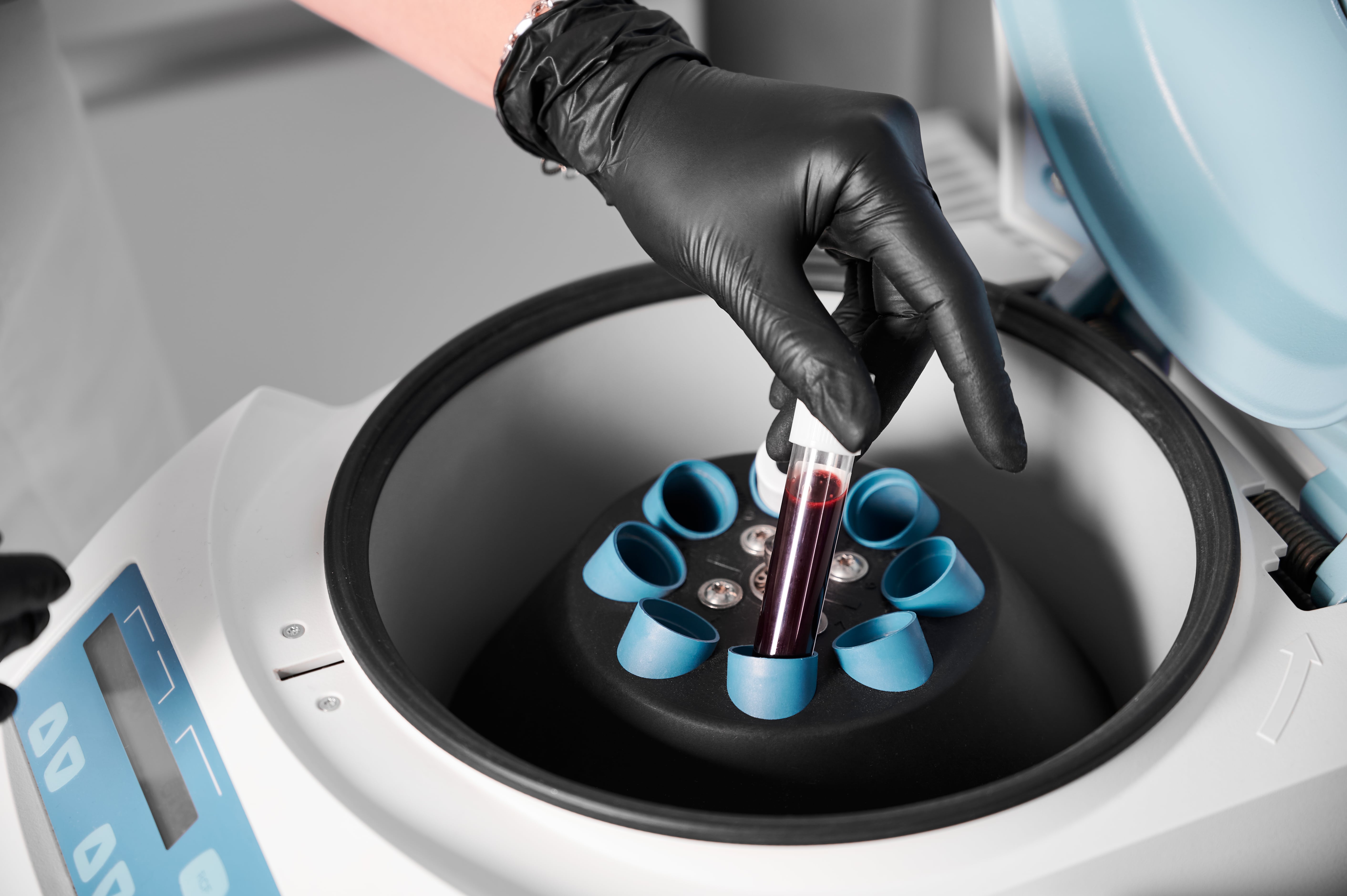5 Vital Facts about ICSI IVF Treatment
It is common to consider women responsible for infertility. But around 40-50% of infertility is caused by men. Hence both male and female partners are responsible for infertility. However, many male and female infertility issues can be treated in the current era. IVF ICSI is one of the procedures through which couples can complete their family.
The IVF ICSI procedure is similar to that of IVF. The primary difference is that both methods are combined to treat severe male infertility issues. Today, in this blog, we will discuss some facts we should know about the ICSI IVF procedure.
What is IVF combined with ICSI?
The only difference between IVF with ICSI is the sperm selection procedure. Your healthcare specialist will choose the best sperm, likely to have normal DNA. Such sperm will be injected into a mature egg.
Such a procedure usually treats male infertility when the male partner struggles with sperm quality issues. Also, the whole process costs between Rs. 70,0000 to Rs. 3,00,000 per cycle. Although the complete procedure is a bit expensive, it has a greater success rate. IVF with ICSI pregnancy is a better procedure than IUI. Also, it is an effective procedure to treat both male and female infertility, as the highly qualified sperm will be directly injected into a mature egg.
ICSI to treat male infertility issues
ICSI is known to treat male infertility. The issues for which ICSI is suitable are given below:
- If, in the semen analysis, sperm quality and quantity are not shown well.
- If doctors find any sperm disorder during semen analysis.
- If the couples have undergone various unsuccessful IVF cycles.
- Men face issues like erectile dysfunction or male impotence.
ICSI fertility treatment combined with IVF
To know the exact reason behind infertility, your doctor will perform several tests, which include an AMH blood test, hysteroscopy, and may also recommend ICSI fertility treatment as part of the evaluation and treatment process.
If the doctor finds sperm disorder after performing all such tests and semen analysis, he will suggest you go with ICSI with IVF. Below mentioned is the procedure:
Stimulation
In this step, medications like luteinizing hormone (LH) and Follicle-stimulating hormone (FSH) will be given to the woman. That will stimulate her ovaries to release multiple eggs in one cycle.
Egg Retrieval
In this step, eggs and semen samples are extracted from the couples. Also, a thin catcher tube is inserted to retrieve eggs from a woman’s body. The entire process is done under ultrasound.
Fertilization
A single sperm will be injected into multiple eggs and observed under a microscope.
Embryo development
The eggs will then be kept in an incubator for a few days to monitor their development. Once they start dividing, your doctor will move towards the next step.
Embryo transfer
It’s time to insert the best embryo into a woman’s uterus. This process is again done under ultrasound through a catcher. In the case of a bulkier uterus woman will have fewer chances of attaining pregnancy as compared to those who have a lighter uterus.
The time duration to complete one cycle is around 4-6 weeks. After completion of the process, the woman can go for a blood test after a week. In the case of a positive report, the woman has successfully conceived. There may be circumstances when a woman may face unsuccessful IVF attempts multiple times, which may be because of sperm quality, egg quality or others. Your doctor may suggest other options like Intrauterine Insemination (IUI) in such conditions.
Important facts you must know about IVF ICSI treatment
You must know some facts about this treatment to keep yourself well-prepared. Knowing such facts will help you throughout the treatment, and you can achieve better results.
You might have questions about the success rate of ICSI IVF treatment. As per statistics, the success rate of this treatment is around 80-85% when both procedures are combined. That implies almost 8 out of 10 couples’ eggs will fertilize through this procedure.
Also, the entire procedure is done under anesthesia; hence patient won’t feel any pain during the process. However, some patients complain about mild cramping, which disappears after a few weeks.
For whom is ICSI IVF recommended?
This procedure is preferred for a woman who experiences poor or no fertilization during the IVF cycle. It is also recommended for men who have:
- Abnormality in sperm shape
- Low sperm count
- Poor sperm mobility
- Presence of obstruction like vasectomy, which restricts sperm release.
Conclusion
ICSI method of pregnancy when combined with IVF can deliver excellent success rates to couples with more infertility complications. So, if you have experienced multiple unsuccessful IVF cycles then you can go with ICSI IVF, as it will enhance your chances of attaining pregnancy.

